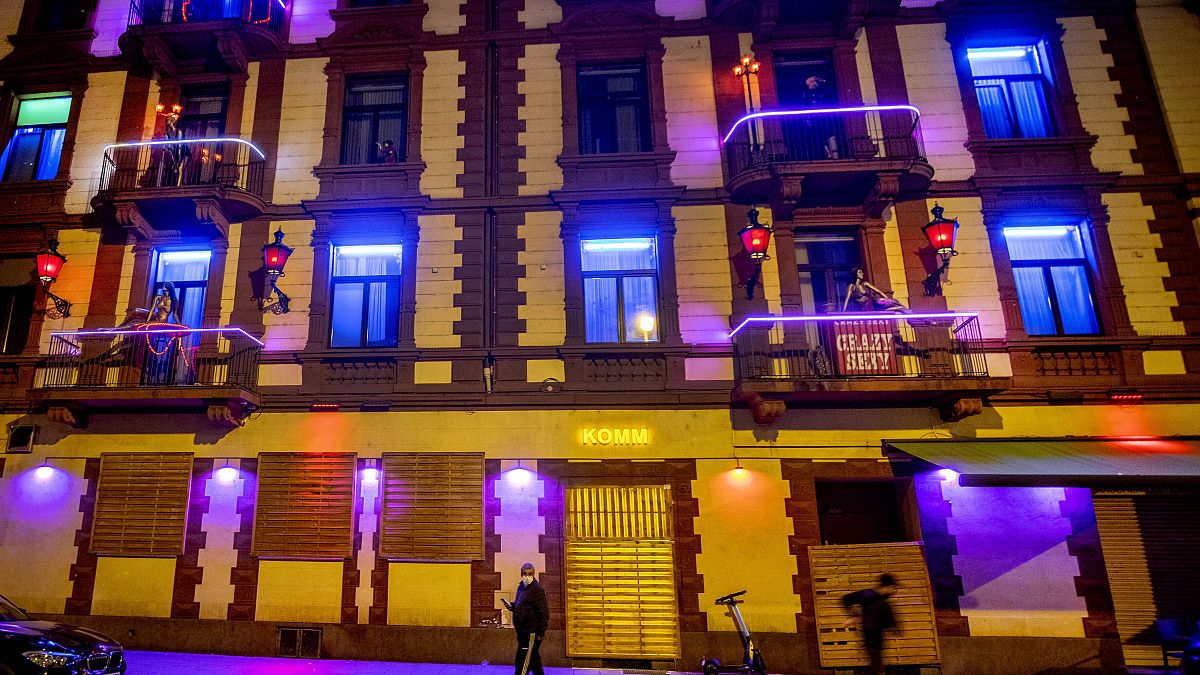Euro 2024, the prestigious football tournament taking place in Germany, has not only attracted sports fans from around the world but also a significant number of sex workers. Estimates suggest that nearly 14,000 additional sex workers arrived in Germany’s 10 host cities for the tournament. This influx of sex workers has provided an economic boost to various industries, including the sex industry, which has seen increased activity during the month-long tournament.
The final match of Euro 2024 between England and Spain is set to take place in Berlin on Sunday, marking the conclusion of the event. The tournament has not only brought excitement to football fans but has also provided a much-needed economic stimulus to businesses such as hotels and restaurants in the host cities. In addition to boosting the economy, Euro 2024 has also increased the demand for services offered by the sex industry in Germany.
According to reports, more than 100,000 sex workers have been operating in Germany during Euro 2024, with around 14,000 of them traveling specifically for the football tournament. The majority of these sex workers come from countries like Bulgaria, Romania, Slovakia, Czech Republic, and Poland, seeking better economic opportunities due to poverty in their home countries. Social worker Gerhard Schonborn points out that many of these sex workers engage in such activities as a means of survival.
For sex workers like Janne Valentin, who has been in the industry for 26 years, the influx of clients during Euro 2024 has been a lucrative opportunity. Valentin notes that it is easy to find clients in central Berlin, especially with guests staying in hotels who seek companion services for dinner or discreet encounters in their rooms. The demand for such services has been on the rise during the tournament, showcasing the role of the sex industry in catering to various needs of visitors.
While prostitution has been legal in Germany since 2002, there are regulations in place for brothel-keeping, requiring registration and licensing under new laws. However, mandatory testing for HIV and sexually transmitted infections (STIs) is not a requirement for operating such establishments, as highlighted by the Global Network of Sex Work Projects. This raises concerns about the health and safety of sex workers and their clients, prompting calls for better regulation and monitoring of the industry to ensure the well-being of those involved.
In conclusion, Euro 2024 has not only brought thrilling football matches and entertainment but has also impacted various sectors of the economy, including the sex industry. The influx of sex workers in Germany’s host cities during the tournament highlights the significance of this industry for meeting the demands of visitors. However, there are concerns regarding the health and safety of sex workers, calling for better regulations and monitoring to protect the well-being of those involved. As the final match approaches, the legacy of Euro 2024 goes beyond the field, leaving a lasting impact on various aspects of German society and economy.











